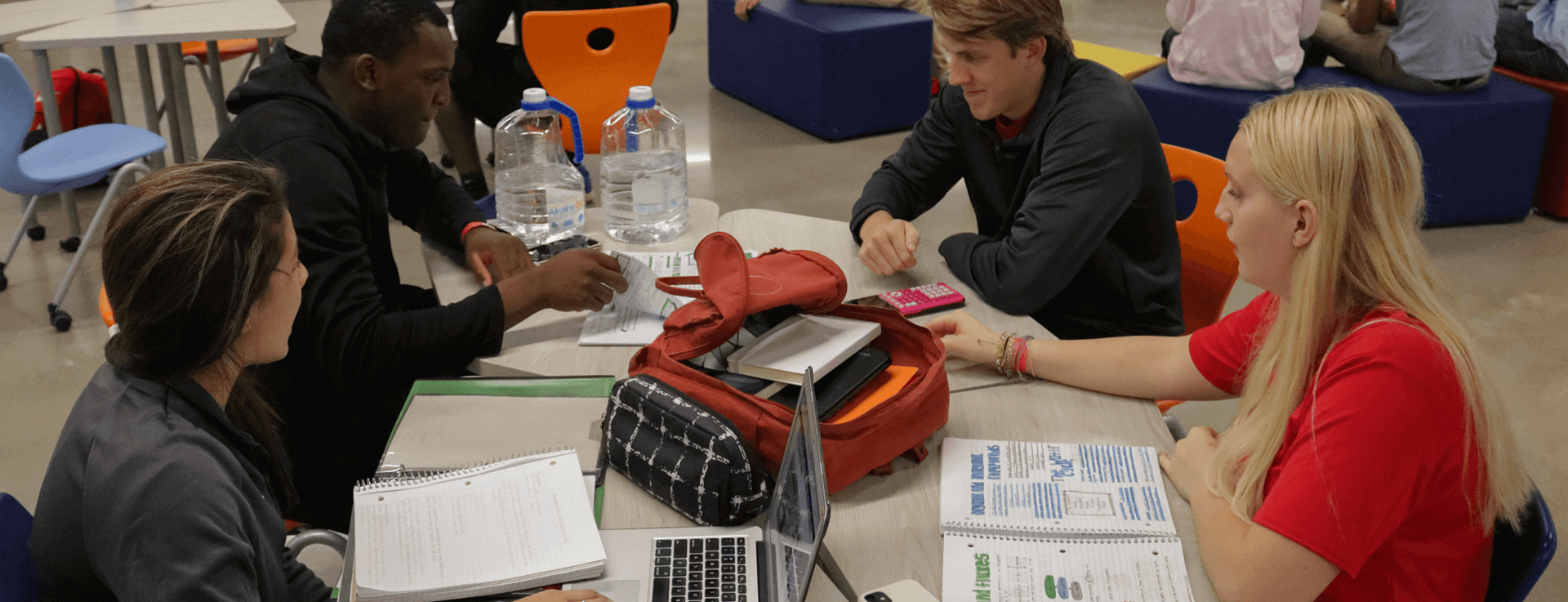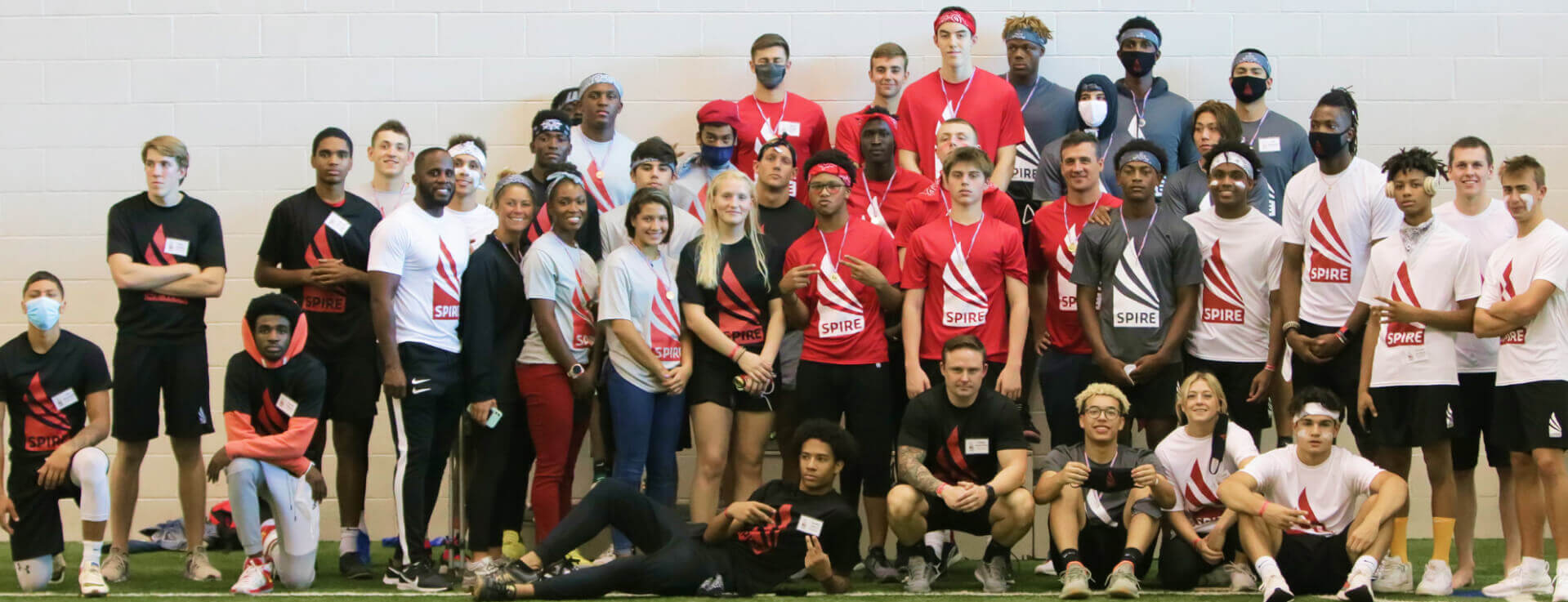SPIRE Academy | Academics
SPIRE is one of the most unique and impressive sports facilities in the country. But today, there is so much more to SPIRE than just sports.
The Academy is designed to facilitate knowledge acquisition in academic, personal growth, passion interests and profession interests, which are all of equal value to each student. Its educational delivery model is built on the foundation that with the abundance of knowledge available through technology, the old, unfortunate silo approach to learning…and the essential levels of motivation demonstrated by high school, college and young professionals today…indicate that a major learning re-direct is necessary.
SPIRE provides this ideal academic re-direct.
It’s learning environment balances daily academic, passions, professional and career aspirations within facilities and programs that nurture personal growth and stimulate the desires to challenge oneself. And all of this is done while helping individuals identify and experience professions and career development opportunities that better prepare them for all of life’s journey.
The coaching team (formally called teachers) are engaged to guide, not dictate, learning and facilitate achievement above self-expectations. The program offerings provide core academic exposure, plus experiential and relational related group learning options. They also offer personal, professional and career program guidance necessary to meet graduation requirements.
SPIRE Academy is an affiliate of Grand River Academy, accredited by ISACS (Independent Schools Association of the Central States). Grand River Academy is a member of NAIS (National Association of Independent Schools), OAIS (Ohio Association of Independent School), and Ohio Department of Education.
Download The Admissions Guide




